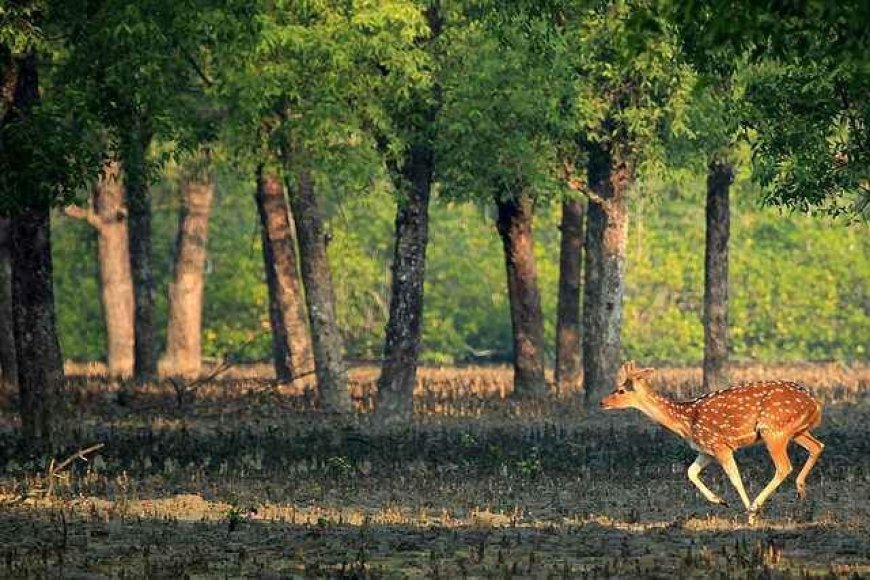Unregulated resorts pose a threat to the biodiversity of the Sundarbans
Unregulated resorts pose a threat to the biodiversity of the Sundarbans

The Sundarbans, an invaluable ecological haven, is under serious threat as commercial interests, particularly unregulated resorts, encroach upon its fragile habitat.
Illegal construction and irresponsible tourism are not only disrupting the ecosystem but also endangering the rich biodiversity that thrives in the mangrove forest. If immediate actions aren’t taken, these so-called "eco-resorts" could cause irreversible damage to the Sundarbans.
Currently, over 35 resorts operate in the region. Tourists visiting these resorts often enter the forest without restriction, carelessly discarding cigarette butts and plastic waste into the rivers, endangering the ecosystem.
Many of these resorts have sprung up in the Kailashganj and Baniashanta unions of Dakope upazila, which borders the Sundarbans. They attract tourists with flashy social media advertisements, who then disrupt the wildlife with loud music and DJ parties.
There are also legal concerns surrounding the existence of these private resorts. The unchecked growth of these establishments has led to a multi-faceted crisis.
One such resort, “Bonolota,” located just 50 meters from the Sundarbans and near a Forest Department patrol station, claims to be an eco-resort but has concrete fixtures and plays loud music. With tourists paying Tk200 for forest excursions, the environmental impact is growing.
In total, 35 resorts in Kailashganj and Banishanta are operational, with more under construction.
Official Concerns
Sharmila, a CPG worker at the Loudob patrol station, explained that the resort boom is making it increasingly difficult to protect the Sundarbans, with people entering the forest unchecked and evading government revenue.
Dr. Wasiul Islam, professor at Khulna University, emphasized that the Sundarban Travel Rule strictly regulates activities within the forest, and while the government is working on eco-tourism initiatives, there must be clear guidelines for resort establishment.
Khulna Divisional Forest Department official Md Hasan added that although boundaries are enforced within the forest, officials have limited authority outside these borders unless evidence of wrongdoing is provided.
Dakope's outgoing Upazila Nirbahi Officer (UNO) Jaydeb Chakraborty acknowledged that many resorts were built before his tenure, with unclear regulations on permissions. Newly appointed UNO Md Asmat Hossain has promised to investigate the situation and take legal action if necessary.
Dr. Abu Nasir Mohsin Hossain, divisional forest officer of the Sundarbans West Division, stated that resort businesses pose a serious threat to the Sundarbans, citing issues such as waste disposal, noise pollution, and illegal hunting of wildlife like deer.
While demolishing the resorts may be challenging, Dr. Hossain suggests certifying them under environmental regulations, with three certification levels (Gold, Platinum, Silver) based on their environmental impact.
Legal Framework
Under the Bangladesh Environment Conservation Act of 1995, the government has the power to declare areas as ecologically critical if their ecosystems are at risk. Following such a declaration, harmful activities would be restricted, and a management plan would be put in place to mitigate further environmental damage.
What's Your Reaction?




















































































